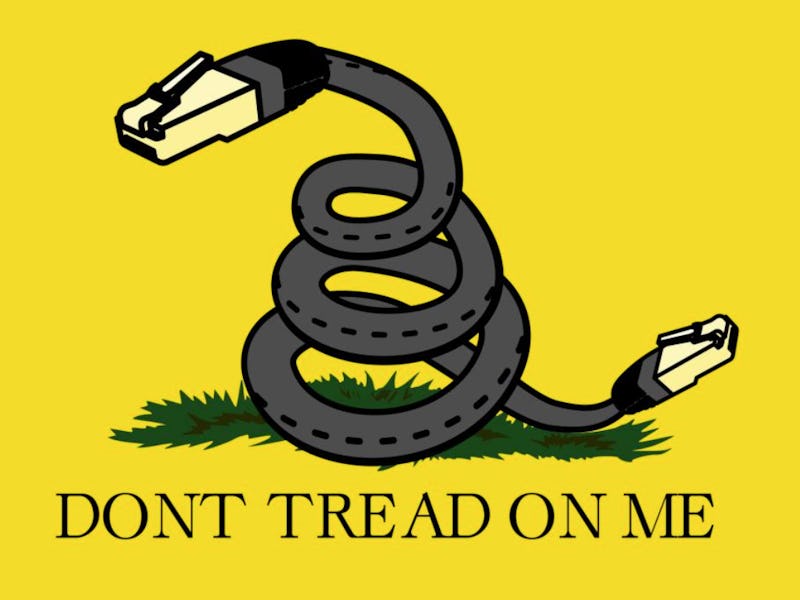New York Just Signed Net Neutrality Order, and More States Could Follow
A movement is forming.

New York has finally taken action on net neutrality.
Governor Andrew Cuomo signed an executive order on Wednesday designed to boost the concept of a fair and open internet. The move follows similar action from Montana, and other states could follow suit.
Cuomo’s order, just like the one signed by Montana Governor Steve Bullock, doesn’t exactly bring back the regulations dropped by the Federal Communications Commission in December. The five-person committee voted in favor of repealing Obama-era regulations introduced in 2015, which reclassified internet providers as utilities under Title II regulations. While the two latest orders don’t restore that classification, they do require state officials to only subscribe to internet access from pro-net neutrality firms.
“The principles of net neutrality are inherently tied to the provision of high-quality, high speed broadband internet service for the state,” the New York order) reads. “Many New York State government services are available only via the internet, and throttling or paid prioritization would limit the ability of many of the most vulnerable New Yorkers to access the internet.”
Opponents of chairman Ajit Pai’s repeal fear that an internet with looser regulations would enable internet providers to shape traffic, providing premium tier packages to gain access to larger websites, while offering preferable access for corporations willing to sign deals with the provider. Pai, in a strange meme-laden video, explained why he disagreed, listing all the cultural events you’ll still be able to take part in after repeal.
Ajit Pai dancing away for some reason.
The two laws don’t protect against the repeal, but they could lead to a wider movement. The state of Nebraska has already introduced a bill entitled the “Internet Neutrality Act,” which would stop providers from “limiting or restricting access to web sites, applications, or content.”
The state of Washington is considering legislation that would make companies disclose accurate information about their service speed, avoiding the creation of “fast lanes.” California has planned a further-reaching bill that would go as far as possible to treat the internet as a utility once more.
Beyond the fight at the state level, a lawsuit has been filed against the FCC The District of Columbia and all 21 states with a Democratic attorney general, have joined together to attempt to strike down the agency’s decision. Whether they are successful is another question, but one thing’s for sure: the fight’s not over yet.